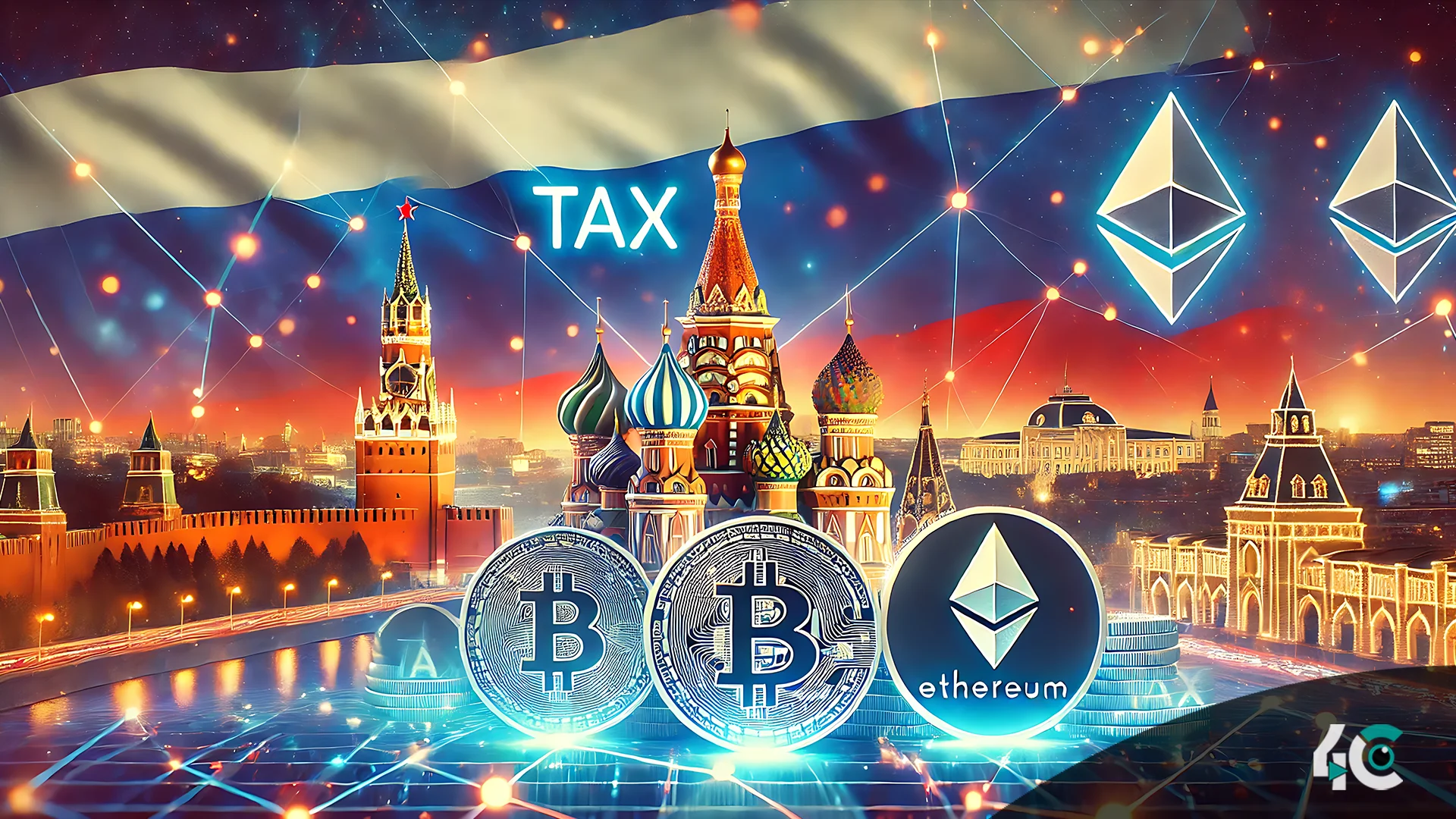The Russian government has implemented a complete taxation system for cryptocurrency transactions and mining, representing a significant regulatory shift. On November 27, the Federation Council, Russia’s upper house of parliament, passed legislation to provide clarity and control over digital currency transactions. The bill, which recognizes digital currencies as property, is now awaiting President Vladimir Putin’s signature before becoming law.
The new structure will tax personal income from bitcoin transactions at rates ranging from 13% to 15% of the individual’s annual profits. Furthermore, mining activities are free from value-added tax (VAT), which lowers operational costs and promotes industry compliance. We intend this action to bring much-needed transparency to the country’s burgeoning cryptocurrency sector.
To boost enforcement, the Act mandates that bitcoin miners and infrastructure operators declare their activities to tax authorities. Operators that fail to comply may risk fines of up to 40,000 rubles (about $360). To ensure accountability and prevent unregulated trading, operators must also disclose transactions exceeding 600,000 rubles ($8,100) annually.
The new laws are consistent with Russia’s broader efforts to integrate cryptocurrencies into its economy and increase public revenue. Authorities estimate that Russian residents own more than $130 billion in digital assets, which presents enormous tax-collecting prospects. The Finance Ministry estimates that the cryptocurrency business might generate up to 1 trillion rubles ($13 billion) in yearly tax income.
This legislation also addresses energy concerns by limiting mining operations in energy-constrained areas, particularly during peak demand periods. These strategies seek to strike a balance between industrial growth and resource protection.
By providing legal clarity and applying structured restrictions, Russia is establishing itself as a major player in the global Bitcoin environment. This move not only increases investor confidence, but it also accords with global trends in recognizing and taxing digital assets.
































